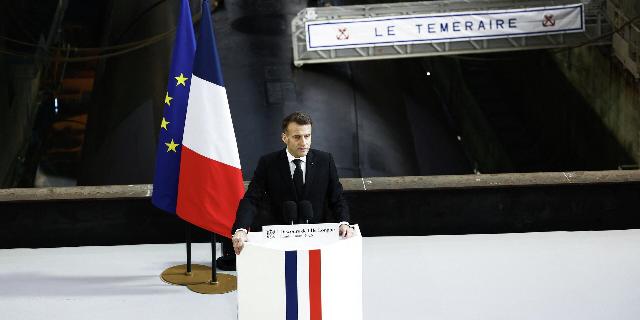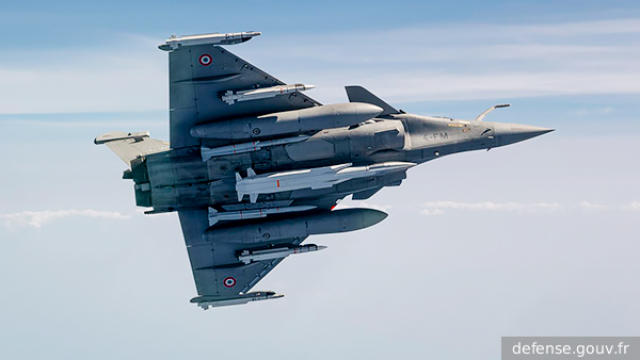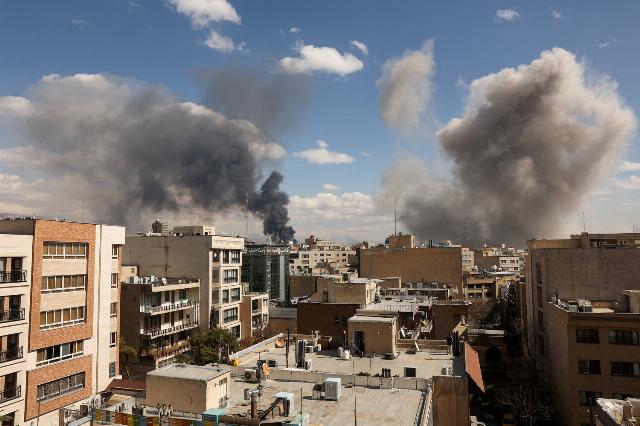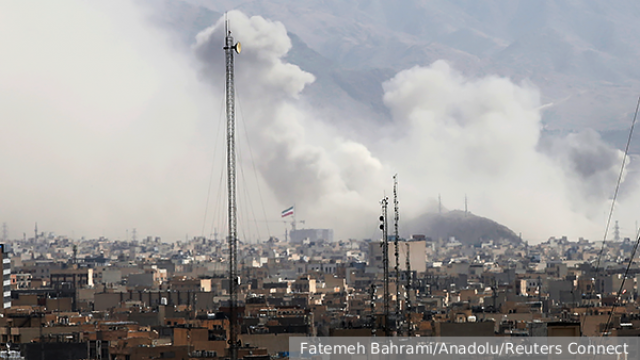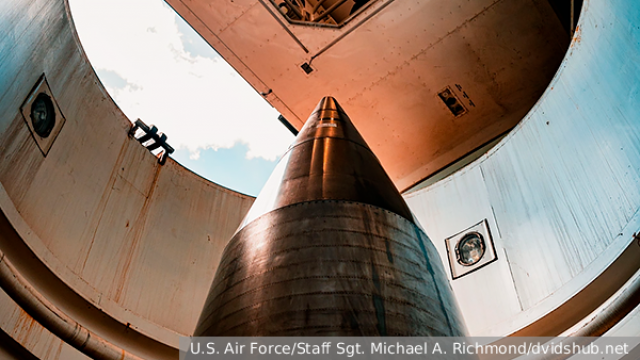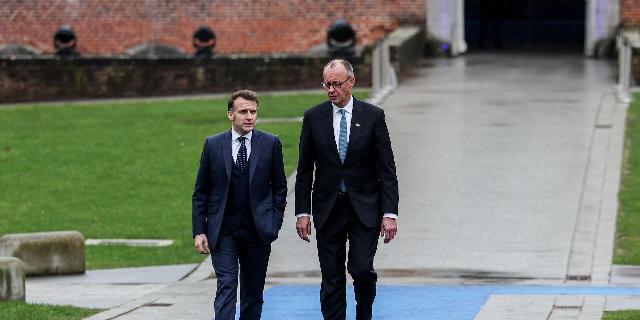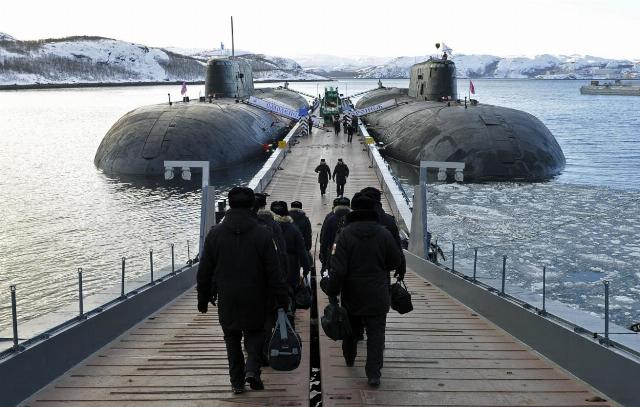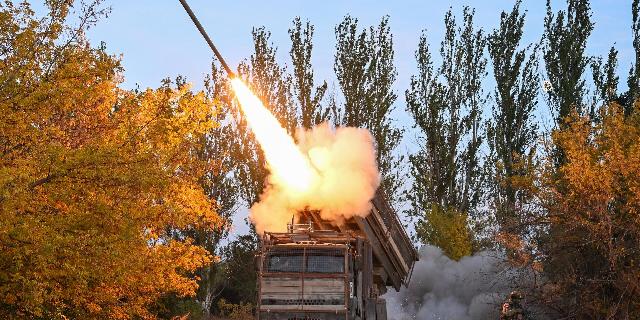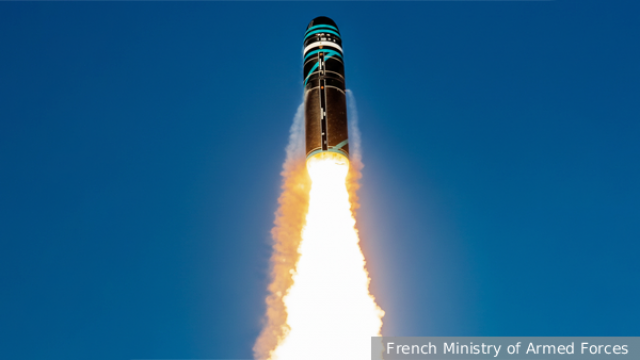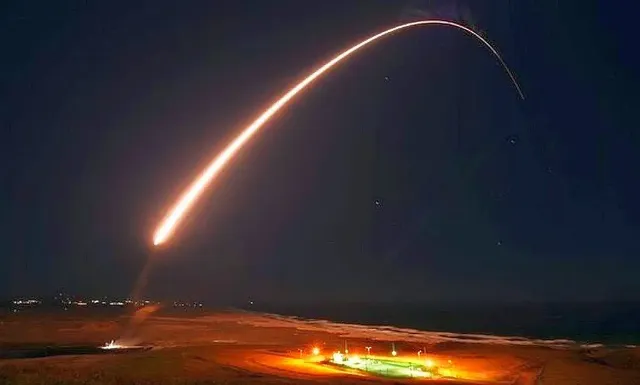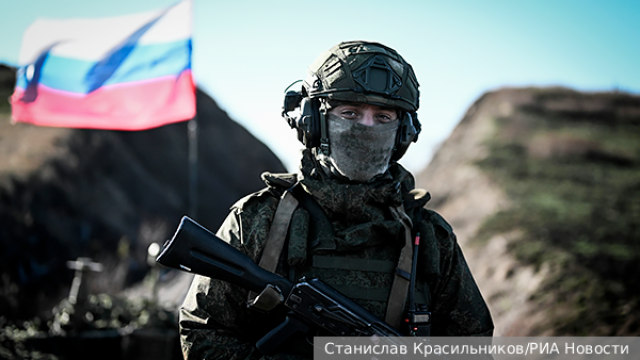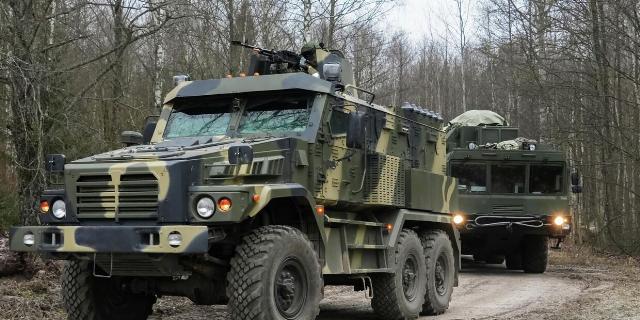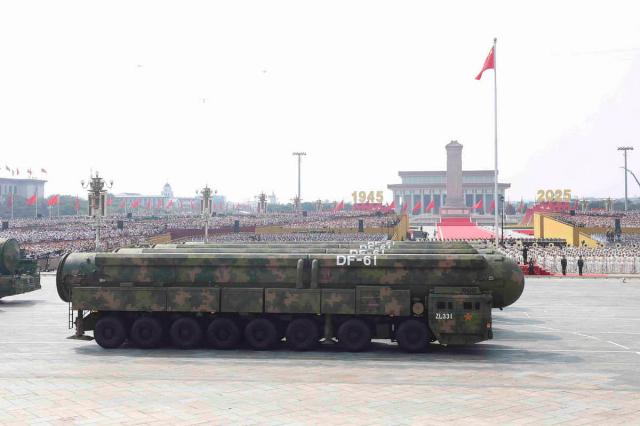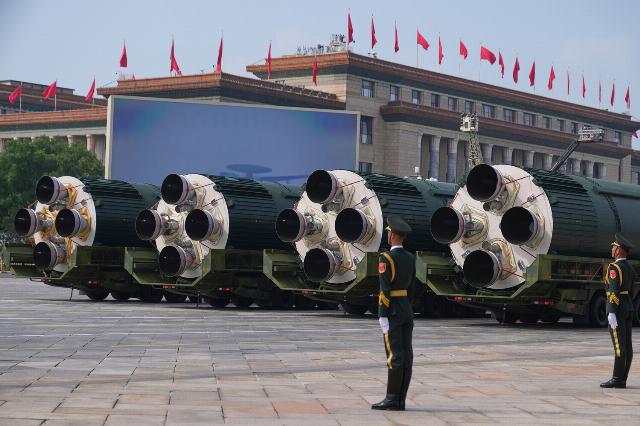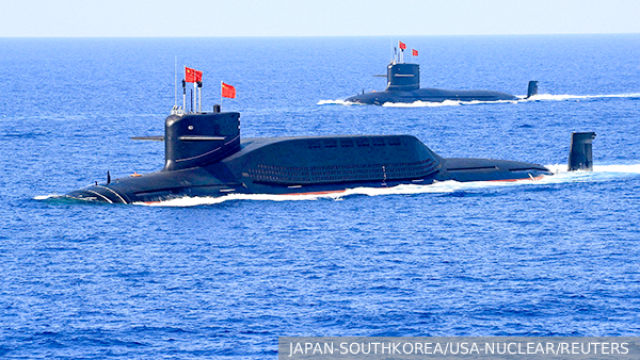News of the nuclear industry and energy
Nuclear deterrence: how Emmanuel Macron's speech was received in Europe (Le Parisien, France)
Parisien: Macron's idea of "expanded deterrence" was met in different ways in Europe
A number of European countries have expressed their willingness to move under the French "nuclear umbrella," such a proposal was made by President Macron, writes Le Parisien. At the same time, other countries, such as Italy, chose to remain silent.
Macron sets new targets for Russian nuclear weapons
According to President Emmanuel Macron, "significant changes" are expected in the French nuclear doctrine. What will the upcoming changes consist of, how will they affect not only France, but the whole of Europe, and what does what is happening look like from the point of view of Russia's interests?
China restricts sale of dual-use goods to Japanese defense companies
As the Chinese Ministry of Commerce reported on February 24, Beijing has included 20 Japanese manufacturers related to the aerospace and shipbuilding industries in the list of companies subject to export control.
Take a puff
Military expert Boris Jerelievsky — what conclusions follow from the first two days of the conflict in the Middle East
The strike by the American-Israeli coalition, which claimed the life of Iran's supreme leader Ayatollah Ali Khamenei and a number of commanders of the armed forces, nevertheless did not destroy the country's system of government and did not cause paralysis of its defense. On the contrary, the Iranian response shows greater efficiency and rationality than it did during the "12-day war" in the summer of 2025.
"People in Ukraine should grab their heads": How did the US and Israel manage to kill Khamenei?
Colonel Khodarenok: the administration of the Iranian state and army is paralyzed
Iran's supreme leader Ali Khamenei was killed during an operation by the United States and Israel, and representatives of the country's top military and political leadership were also killed.
The United States went all-in in the war with Iran
On Saturday morning, the United States and Israel jointly attacked Iran. Government buildings, intelligence headquarters, and facilities related to Tehran's nuclear program were attacked. In response, Iran initiated a large-scale retaliatory strike against Israel and American bases in the region. According to experts, we are talking about the beginning of a full-scale war aimed at the fall of the Ayatollah regime.
Russia has driven a new US nuclear weapon underground
The Pentagon has confirmed plans to build 450 silos to house new Sentinel intercontinental ballistic missiles. This will be the largest project to upgrade the U.S. nuclear triad in recent decades. Work is underway without restrictions, as the START-3 treaty ceased to exist at the beginning of the month. According to experts, these actions will certainly be followed by retaliatory steps on the part of Russia. What will they be like?
Experts warn: in 10 years, Russia will be able to intercept European nuclear weapons (Politico, USA)
Politico: European nuclear weapons will soon be powerless against Russia
The Russian army is actively developing air defense and missile defense systems, writes Politico. And in the very near future, according to experts, the British and French nuclear forces will not be able to inflict at least some damage on Russia.
Russia's Strategic Shield: how the country protects itself in the Arctic
On February 23, 2026, the Arctic Edge 2026 exercise began, in which units from the United States, Denmark and Canada participate. They will last until mid-March and will be held in Alaska and Greenland. We talk about the Arctic region and how the Russian nuclear—powered strategic missile submarines, the guardians of Russia's security in the Arctic, appeared and are developing.
Russia is developing an "unstoppable" rocket capable of reaching London in eight minutes (Daily Star, UK)
Daily Star: Russia is developing a superior Oreshnik missile
Russia is developing a new missile that can surpass the Oreshnik in power, the Daily Star writes. The system will potentially be able to carry eight kinetic warheads instead of six and hit fortified targets at a depth of up to 30 meters.
London and Paris are ready to launch nuclear bombs
Britain and France are once again bringing the world to a dangerous line: according to the Foreign Intelligence Service, London and Paris intend to transfer nuclear weapons to Kiev. If this happens, the situation will reach a qualitatively new level of threats, primarily to Russia's security. Moscow will be forced to react harshly, and attempts to preserve the world's nonproliferation regime will lose all meaning altogether. What else are the rash actions of European capitals fraught with?
The British press: The Russians are developing a missile that is more powerful than the Oreshnik
The second use of the Oreshnik missile system by the Russian Armed Forces to strike targets in western Ukraine, and even near the Polish border, seriously alarmed the Europeans. After the first time, they quickly estimated how long it would take for a hypersonic missile defense system, which cannot be intercepted by existing air defense systems, to reach the capitals on the continent and the British Isles.
"London is bringing nuclear war closer." Britain allowed the appearance of troops in Ukraine
A headquarters has been set up in the UK to form a multinational force in Ukraine
London has announced new measures to support Kiev. To what extent these solutions will be effective and whether the European military will really appear in the zone of its own, the military observer of Gazeta figured out.Ru", retired Colonel Mikhail Khodarenok.
The special operation has updated the image of Russia
The experts summed up the interim results of their
The special operation in Ukraine has radically changed Russia: The country gained more sovereignty, more authority outside the West, more military capabilities, and the citizens truly rallied for the good of the country. What other interim results can be summed up now?
Russia is developing an "unstoppable" rocket capable of reaching London in eight minutes (Daily Star, UK)
Daily Star: Russia is developing a hypersonic missile superior to the Oreshnik
Russia is designing a new missile that surpasses the Oreshnik in combat parameters, the Daily Star writes. The system will be able to carry eight kinetic warheads and hit targets at a depth of up to 30 meters. Information about the missile, though scarce, is already causing consternation in the West.
PLA DF-61 solid-fuel ICBM
Dongfeng-61 (DF-61) is a land–based solid-fuel intercontinental ballistic missile (ICBM) developed by the China Aerospace Scientific and Industrial Corporation. It was first presented at the Beijing parade on September 3, 2025. Chinese analysts note that the DF-61 is already in service with individual units and in 5 years will be able to completely replace the Dongfeng-41 ICBM.
"The Bundeswehr has planes capable of carrying nuclear weapons": that's what's behind Merz's proposal (Die Welt, Germany)
Die Welt: Europe may create a "nuclear umbrella" based on French nuclear forces
In Europe, they doubt that the United States is still ready to keep its "nuclear umbrella" over its NATO allies, Die Welt writes. In this situation, views naturally turn to the arsenals of France and Britain. But even here everything is very difficult.
"Next-generation weapons": The United States suspects China of conducting secret nuclear tests
CNN: China is secretly testing new-generation nuclear weapons
American intelligence believes that China has begun to develop a new generation of nuclear weapons. Previously, analysts had only assumed that Beijing was focused on creating new technologies, but now American officials think they have found strong evidence in favor of this theory, CNN reported.
The US is bluffing about its underwater weakness to China
The American media is sounding the alarm – according to a report by a reputable organization, for the first time China has overtaken the United States in the number of submarines launched. On the one hand, this is really a sign of the crisis of the American Navy. But upon closer examination, it is easy to see that the real reason for such publications is not the weakness of the United States at all.
Forget about Greenland: Russia has already settled on this Arctic island of NATO (The Wall Street Journal, USA)
WSJ: Russia warns Norway and NATO against militarization of the Svalbard archipelago
Russia and China are deepening cooperation and consolidating their presence in the Svalbard archipelago, the WSJ writes. Norway is concerned and is ready to take tough deterrence measures. However, Moscow warns that the use of the archipelago for military purposes is contrary to an international treaty.


